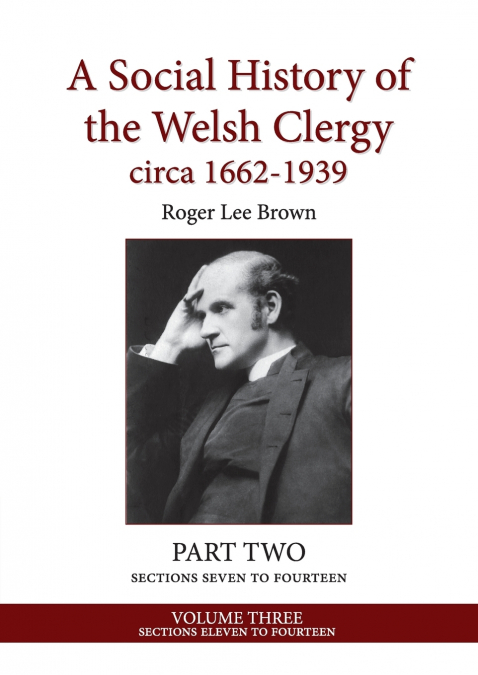
 Donde los libros
Donde los libros
 Librería 7artes
Librería 7artes
 Librería Elías (Asturias)
Librería Elías (Asturias)
 Librería Kolima (Madrid)
Librería Kolima (Madrid)
 Librería Proteo (Málaga)
Librería Proteo (Málaga)
Each diocese and parochial body, that is in effective terms the bishop or the incumbent, was regarded as a corporation sole in English law. These rights were respected and no change could be implemented without parliamentary action. This position changed during the 1830s and beyond, but until then it meant that there was little recognition of the Church as having a corporate nature. For many the diocese was simply an amalgamation of separate parishes, owing more allegiance to their parochial setup than to any diocesan structure. In truth, there was little diocesan structure, although there were some notable exceptions. The bishops, resident in London and fulfilling their parliamentary duties, generally came to their dioceses during the main parliamentary vacation, and at three year intervals attended various centres to confirm candidates and to conduct a visitation. In these visitations a printed form of questions would be sent to each parish, and the incumbent, or sometimes the wardens, were required to answer them. Questions were asked about the position of the incumbent and his curates, whether they fulfilled their duty of conducting worship, the occasional offices, preaching, visiting the sick and about their moral lives; regarding the fabric and contents of the church building, the parsonage and the glebe, the moral state of the parishioners, and also about educational provision and the presence of Nonconformity in the parish. As a result of the perusal of these returns by the bishop or his registrar clergy who were noted as offending against the ecclesiastical laws would be cited to appear before the consistory court, as would wardens in those cases where they neglected their duty of caring for the church fabric. 3